How Carbon Labelling is Driving Sustainable Change














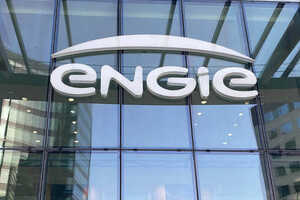
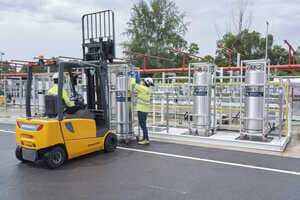

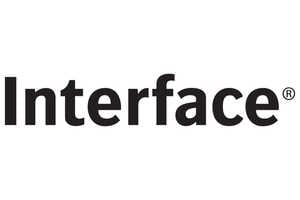

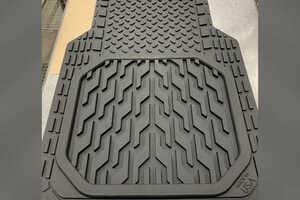
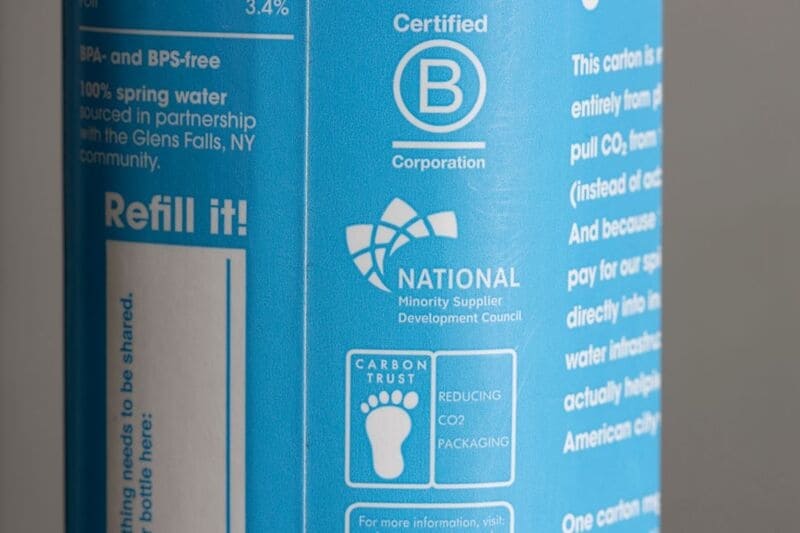
Carbon labelling is no longer a niche concept—it’s becoming a powerful tool to drive sustainability across industries. By giving consumers and businesses clear data on the environmental impact of their choices, carbon labelling fosters accountability and inspires positive change. From snack brands and plant-based pioneers to global logistics and innovative platforms, carbon labelling is reshaping how we think about sustainability.
Let’s explore the impact of carbon labelling across industries and highlight the trailblazers setting the standard for a greener future.
Food and Beverage: Serving Sustainability
Sysco GB: Empowering the Food Service Industry
As one of the largest food service providers globally, Sysco GB has embedded carbon tracking into its operations. By providing its clients—restaurants, caterers, and food suppliers—with detailed data on the carbon footprint of their products, Sysco GB enables informed decision-making. This transparency empowers the food industry to reduce emissions and prioritize sustainable options for customers.
Learn more about Sysco GB’s carbon labelling tools.
Quorn: Leading the Charge for Low-Impact Diets
Quorn has been a pioneer in carbon labelling, prominently displaying the environmental impact of its products on packaging. By quantifying emissions from production to distribution, Quorn empowers consumers to make eco-conscious dietary choices. The brand’s labels also align with the growing trend of plant-based eating, which inherently reduces environmental impact.
Check out Quorn’s sustainable packaging.
Oatly: Transparency as a Brand Philosophy
Oatly, a leader in the plant-based beverage industry, has taken transparency to heart by displaying carbon footprint data on all its products. This move not only builds trust with eco-conscious consumers but also raises awareness about how food production impacts the planet. With emissions data for everything from sourcing oats to transportation, Oatly sets the bar for other food brands.
Explore Oatly’s sustainability mission and learn about its carbon labelling efforts.
Mondelez: NoCOé Carbon-Neutral Snacks
Mondelez International is revolutionizing snacks with NoCOé, its first carbon-neutral brand. From sourcing ingredients to packaging, Mondelez has taken a holistic approach to reducing emissions. This initiative reflects their broader sustainability goals and demonstrates the potential for carbon labelling to reshape consumer goods.
Read more about NoCOé’s launch.
Fashion and Footwear: Walking the Talk
Adidas: Bringing Carbon Labels to Sportswear
Adidas has taken a bold step toward sustainability by introducing carbon labelling for its sneakers and apparel. The brand’s Environmental Product Impact Calculator (EPIC) uses a cradle-to-grave methodology, aligned with ISO 14067:2018 standards, to measure and display the carbon footprint of its sneakers and apparel across all life cycle stages, from raw material extraction to end-of-life. This transparency-driven initiative, verified by sustainability experts at Quantis, educates consumers on the environmental impact of their purchases and challenges the fashion industry to embrace sustainable practices.
Learn about Adidas’s Environmental Product Impact Calculator.
ASICS: Running Toward a Greener Future
ASICS integrates carbon labelling into its products to highlight the emissions generated during manufacturing and shipping. By giving consumers this insight, ASICS ensures that athletes can align their purchases with their sustainability values. It’s a move that reflects their commitment to reducing their overall carbon footprint. Most notably, ASICS launched carbon-labeled podium and press event attire for the 2024 Paris Olympics last year, highlighting a 34% reduction in emissions since the Tokyo Games and aligning with Paris' sustainability-focused Olympic vision.
Learn more about ASICS’s Olympics collection.
Allbirds: Making Fashion’s Carbon Footprint Public
To drive industry-wide sustainability, Allbirds is sharing its Carbon Footprint tools, including a Life Cycle Assessment (LCA) spreadsheet developed with SCS Global Services and a step-by-step guide for calculating emissions across materials, manufacturing, and more. Its Carbon Footprint labels—available in detailed and simplified formats—help brands stay accountable and consumers make informed choices.
Learn more about Allbirds’ carbon transparency initiatives.
LFC & 1PointFive: Reducing Merchandise Emissions with DAC
Liverpool Football Club (LFC) is partnering with 1PointFive to launch merchandise that directly offsets its carbon footprint using Direct Air Capture (DAC) technology. Emissions from production to distribution will be calculated, with carbon removal credits ensuring CO2 is extracted and stored. This initiative, part of The Red Way, highlights how DAC can reduce product emissions while promoting accountability and sustainability in sports. Learn more about LFC & 1PointFive’s carbon removal efforts.
Learn more about LFC & 1PointFive's partnership.
Large-Scale Impact: Events and Logistics
Excel London: Carbon Accounting for Events
Excel London leads by example, integrating carbon accounting into its event spaces to track and reduce environmental impact. By measuring emissions from energy use, waste, and transportation, they help event organizers implement greener practices. This commitment is setting a new standard for sustainability in large-scale operations.
See how Excel London is tackling carbon emissions.
ULD Care: Decarbonizing Air Cargo
In global logistics, air cargo represents a significant source of emissions. ULD Care addresses this challenge by improving carbon efficiency in cargo operations. Their innovations in load optimization and fuel efficiency are critical for reducing the environmental impact of air freight.
Learn about ULD’s Climate Impact Label.
Demystifying Carbon Footprints for Consumers
For many consumers, understanding carbon footprints can feel daunting. That’s where platforms like Clever Carbon come in. Clever Carbon creates engaging tools—such as a personal carbon footprint calculator and carbon literacy resources—to help individuals make sense of their environmental impact. The platform’s fun, accessible approach empowers people to make informed choices in their daily lives, whether it’s by selecting greener products or adjusting their travel habits.
Clever Carbon also collaborates with brands to integrate carbon footprint data into marketing and product labelling. By bridging the gap between complex data and everyday decision-making, Clever Carbon is making sustainability accessible to all.
Why Carbon Labelling Matters
Carbon labelling does more than inform—it drives action. By quantifying emissions, it pushes businesses to innovate and adopt greener practices while encouraging consumers to prioritize sustainability. This dual impact accelerates global efforts to combat climate change and fosters a culture of accountability.
Whether it’s Mondelez creating carbon-neutral snacks, Adidas bringing transparency to sportswear, or Clever Carbon educating individuals, carbon labelling is shaping a future where sustainability is second nature. By continuing to expand these efforts, we can empower every decision—big or small—to make a positive impact on the planet.



